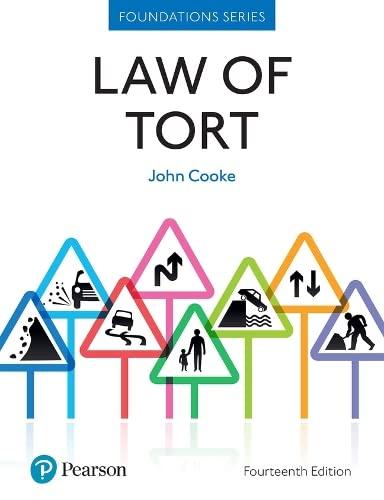Hey I have to answer these questions Thank you
QUESTIONS: 1. Allied Concrete is claiming that Isaiah Lester ("Lester"), and his attorney, Matthew B. Murray ("Murray"), engaged in deception, misconduct, and spoliation related to Lester's Facebook account. What specifically are these charges related to? (Please see the case below listed under Research.) 2. In the "clean up" of his Facebook account, as requested per his attorney, Lester deleted 16 photos from his Facebook page. One of those pictures was a photo of himself, accompanied by other individuals, holding a beer can, while wearing a T-shirt emblazoned with "I v hot moms". What is Discovery? Why is Discovery important? Why would these pictures be significant to the Discovery Process? Why would this be important for Disclosure? 3. "During voir dire, the trial court posed the following question to the prospective jurors: Are any of you related by blood or marriage to any of the attorneys? Do you know them or have significant involvement with them or their law firms?... Post-trial it was discovered that the jury foreperson, Amanda Hoy ("Hoy"), was the former Executive Director of Meals on Wheels of Charlottesville/Albemarle ("Meals on Wheels"). This was relevant because the Allen Firm sponsored the website of Meals on Wheels. Indeed, it was later revealed that Hoy had communicated frequently with representatives of the Allen Firm regarding its sponsorship of the website. Additionally, it was discovered that members of Murray's family volunteered for Meals on Wheels for more than 15 years and that Hoy knew some of those family members, specifically Murray's mother." What is Voir Dire? Why is Voir Dire important to any court case? Because of the seemingly directional relationship between Amanda Hoy ("Hoy") and members of Murray's family, how could this present a problem in this case? 4. According to the REMITTITUR, "The trial court also found that "the amount of the verdict, in this case, is so excessive on its face as to suggest that it was motivated by bias, sympathy, passion or prejudice, rather than by a fair and objective consideration of the evidence." In making this ruling, the trial court specifically found that







